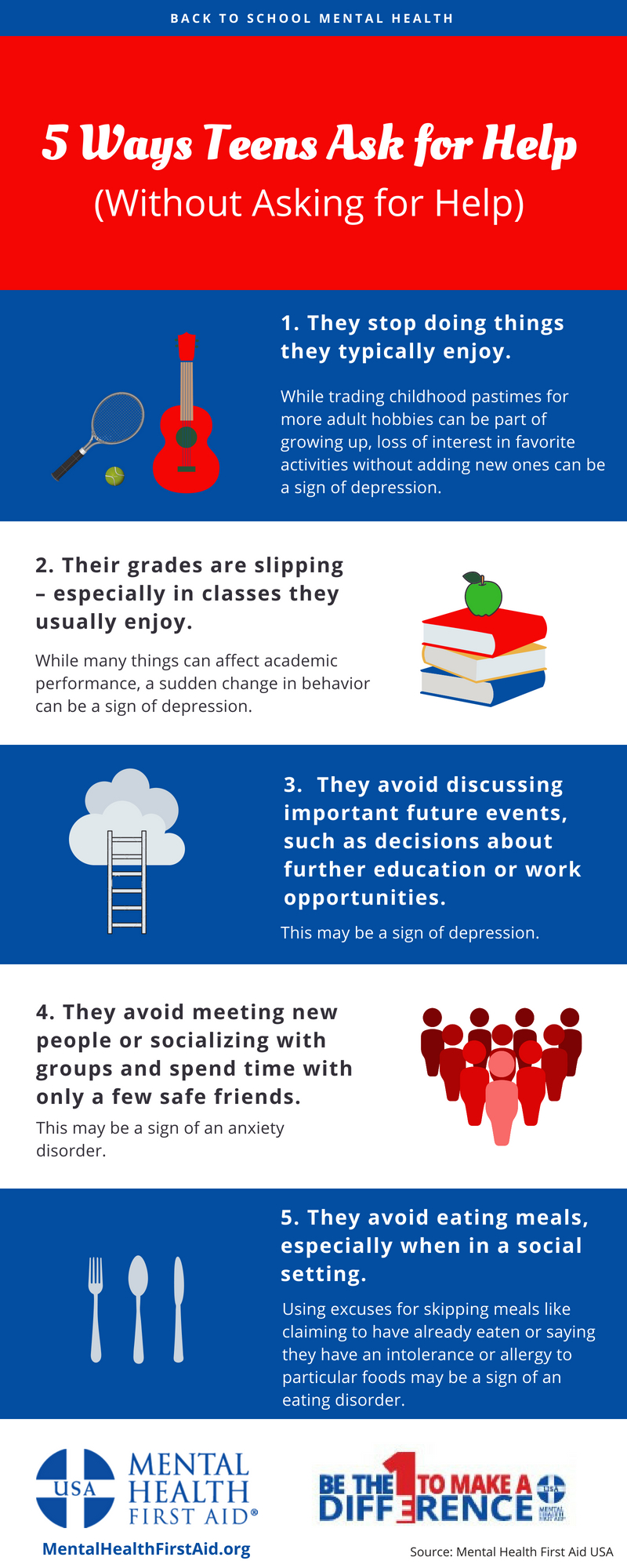Instruction and Programming
Page Navigation
-
Pitt County Schools Behavior Support Services
As the Pitt County Schools Behavior Support Staff, we are committed to providing behavioral support, evidence-based interventions, and strategies to empower teachers, staff, and students. We offer:
- Professional Development & Training: Formal training sessions, hands-on (both formal and informal) modeling of evidence-based interventions, and ongoing support.
- Crisis Intervention & Student Support: Immediate assistance to help stabilize students experiencing crisis behaviors.
- Behavior Intervention Plans (BIPs) & Resources: Guidance in developing clear, data-driven plans and a variety of resources on behavior management, classroom management, and student-specific strategies to address school-wide concerns.
Positive Behavior Intervention and Support (PBIS)
PBIS is a school-wide framework that creates a positive learning environment by defining, teaching, and reinforcing appropriate student behaviors. Individual schools establish a Positive Behavior Support Team that collaborates with district Positive Support personnel to implement proactive strategies for enhancing both behavioral and academic success.
Learn more about PBIS: NC Public Schools - PBIS
Social and Emotional Learning (SEL) & the CASEL Framework
SEL is essential to education and human development—it helps all individuals acquire the knowledge, skills, and attitudes needed to develop healthy identities, manage emotions, achieve goals, build supportive relationships, and make responsible decisions. The Collaborative for Academic, Social, and Emotional Learning (CASEL) framework identifies five core SEL competencies:
 Self-Awareness: Recognizing emotions, thoughts, and values
Self-Awareness: Recognizing emotions, thoughts, and values Self-Management: Regulating emotions and behaviors effectively
Self-Management: Regulating emotions and behaviors effectively Social Awareness: Demonstrating empathy and understanding diverse perspectives
Social Awareness: Demonstrating empathy and understanding diverse perspectives Relationship Skills: Building and maintaining positive relationships
Relationship Skills: Building and maintaining positive relationships Responsible Decision-Making: Making ethical, constructive choices
Responsible Decision-Making: Making ethical, constructive choicesIntegrating SEL into daily instruction strengthens school climate improvement and supports overall student engagement.
Explore the CASEL Framework: CASEL - SEL Fundamentals
Restorative Practices & SEL Alignment
Restorative practices promote a positive and safe school environment by:
- Fostering Accountability & Self-Discipline: Helping students recognize the impact of their actions, take responsibility, and work toward repairing relationships.
- Building Trust & Positive Relationships: Encouraging empathy, inclusiveness, and effective conflict resolution.
When integrated with PBIS and SEL strategies, restorative practices create a holistic framework for addressing behavioral expectations and delivering appropriate tiered interventions.
Multi-Systemic Therapy (MST)
Multi-Systemic Therapy (MST) is an evidence-based program that empowers youth (ages 12–17) and their families to function responsibly by addressing the root causes of delinquent and antisocial behavior. Rather than focusing solely on the individual, MST considers the broader network—including family, peers, school, and neighborhood—to drive lasting change.
Key Features of MST:
 Home-based, family-centered therapy provided at times convenient for families
Home-based, family-centered therapy provided at times convenient for families Small caseloads for personalized, focused support
Small caseloads for personalized, focused support An average treatment duration of 3 to 5 months
An average treatment duration of 3 to 5 months Therapists and provider agencies are held accountable for achieving measurable, positive outcomes
Therapists and provider agencies are held accountable for achieving measurable, positive outcomes
-
Safe Schools Healthy Kids
Tip sheets and short courses for school personnel, parents, and students. Also included is a section on COVID-19 for schools.
For more information visit: My Learning Campus

-
Crisis Prevention Institute shares proven verbal de-escalation tips during time of increased tension across U.S. and world
Included is an excerpt from a press release CPI released on April 1, 2020.
De-escalation in everyday lives is crucial now as individuals face highly elevated emotions in a variety of situations, according to CPI. These can include interactions in healthcare settings, grocery stores, takeout lines, and even in isolation at home as kids and parents navigate challenges of work and school.
CPI is sharing tips to help individuals control their own behavior during heightened stress and anxiety. The five tips everyone can use include:
- Understand that Behavior is Communication: Most communication occurs beyond the words we use. Look for signs of anxiety in body language, tone, and cadence. Understand that crisis behavior reflects a need and consider what it is the other person might want.
- Avoid the Power Struggle: No one can meet every need at every moment. Challenging or exercising authority over a person can escalate negative behaviors. Considering options you can offer allows flexibility to address both parties’ needs and desired outcomes.
- Use Limit Setting: Behavior can’t be forced but setting limits can help us influence behaviors. Framing acceptable behaviors or outcomes can encourage the other person to choose the most productive option.
- Practice Rational Detachment: Don’t take behaviors personally. Stay calm. Find a positive way to release the negative energy you absorbed during the conflict. Keep in mind, you can only control your own attitude and actions.
- Therapeutic Rapport: Learn from the conflict and help the other person learn from the experience. Focus on identifying and preventing the pattern of behavior in the future. Finally, put time and effort into repairing the relationship.
CPI has found that stress, fear, and anxiety can impact mental health both short- and long-term. When pressed, these scenarios can cause people’s reactions to escalate and lead to verbal and even physical conflict. This is why CPI instills in its methods the philosophy of Care, Welfare, Safety, and SecuritySM for everyone.
“The realities of stress, fear, and anxiety are ever-present during this pandemic and it can get worse with more social restrictions, economic impacts, and uncertainty,” said Tony Jace, CEO of Crisis Prevention Institute. “Learning of heated public exchanges and increasing home isolation, we realized our tools for professionals can be just as critical and helpful to the public in resolving situations influenced by the coronavirus. We felt a strong responsibility to do something positive and believe our expertise can be very helpful during these challenging times.”

Phone: (252) 830-3581
Email:
Degrees and Certifications:
Mr. Kevin Voytecki
Behavior Support Liaison

